What makes the ideal F1 title decider?
It's a simple question, but one suspects that if 10 different people were polled, 10 different versions might emerge.
It is a must that it is a final race showdown, at a track where overtaking is possible and great racing is possible.
These days, F1's season finale is held in Abu Dhabi, but the ultimate season finale venue is Interlagos in Brazil.
In Sao Paulo, there is the extra, uncontrollable variable of rain. An F1 championship decider with the added threat of rain thrown in for good measure is perfect.
Between 2004 and 2013, when it usually hosted the final race, Brazil decided the drivers' champion six times, including five on the trot between 2005 and 2009, but it is the final title-deciding Brazilian GP that stands out.
As of the 2025 Mexico City Grand Prix, there have been a total of 1,145 grands prix - but the 878th of those is not only the greatest title decider of all-time, but also the greatest race.
Setting the scene
The final race showdown for the drivers' title was between the blue corner of the German machine, hellbent on shattering every record he could find and the red corner of the Spanish matador who had somehow manhandled his recalcitrant Cavalino Rampante to the cusp of an astonishing world title.
This is Sebastian Vettel vs Fernando Alonso in the fight to become a three-time world champion and join the ranks of the true greats like Brabham, Lauda, Piquet, and, in front of his beloved crowd, Senna.
The maths favoured Vettel. He entered on 273 points to Alonso's 260, meaning the Ferrari driver had to finish on the podium and hope Vettel had an utter disaster to wrest back the title, which for so long during the summer had seemed to be his.
But this was not the only show in the Brazilian town that Sunday afternoon in November 2012.
As rain fell between the lakes, the old regenmeister himself prepared to do battle for the 306th, and this time, the final time as Michael Schumacher prepared for retirement.
It was also the final race for Lewis Hamilton at McLaren ahead of replacing Schumacher in a move which had been derided by some in the paddock as Hamilton moving to a team to waste the best years of his career. So the feeling went, that this multiple champion in the McLaren making was set to throw away his chance of adding to that 2008 crown...
Hamilton roared to a final McLaren pole, in a one-two with Jenson Button as Vettel was fourth, Alonso only eighth (although promoted to seventh due to a penalty for Pastor Maldonado) as Schumacher took 13th.
It looked set to be an easy stroll to the title from Vettel, as with team-mate Mark Webber surely set to play rear-gunner, having actually out-qualified the championship leader, what could possibly go wrong?
Enter Bruno Senna.
At the start, Vettel was crowded out by Webber at Turn 1 (ultimately laying the seeds for multi-21-gate in Malaysia the next year), and shuffled down into the mid-pack as it roared down to Turn 4, where Red Bull's world fell apart.
Vettel's left-rear was clouted by Senna at Turn 4, with the RB8 sustaining serious damage to the radiators and cooling tubes.
He dropped to last, and seconds later, Alonso roared past Webber and team-mate Felipe Massa into Turn 1 to claim third place - a championship-winning position.
But then the remarkable happened.
Not only did Vettel get it going again, but he began setting fastest laps as Alonso was about to make a critical error.
At Turn 1 on Lap 4, he ran wide and dropped to P4 behind the flying Nico Hulkenberg - never again that afternoon would Alonso hold a championship-winning position.
In time, this would be known as the race where Hulkenberg should have won - he was that quick.
He simply drove up to the back of and passed the McLarens of Button and Hamilton and pulled away, this was his day. Until it wasn't.
A Lap 23 safety car with the two title rivals in the top five calmed things.
Ultimately, Hulkenberg would crash into Hamilton at Turn 1 on Lap 54, retiring the Briton as, like in 2008, a late rain shower sparked chaos.
To pit or not to pit, that was the question. Vettel did, but was subject to a long delay owing to a faulty radio as Alonso proved he was faster than Massa and leapfrogged him into second place.
But, in a final, parting gift, Schumacher had his say. Running in sixth, in the closing laps, he allowed his fellow German through and then sat back to protect him. Seventh would have been enough for Vettel by a single point, but with Schumacher's actions, a one point lead turned into three.
The race would ultimately end behind the safety car after Paul di Resta crashed, but second was not enough for Alonso. Button won his 15th and final race, as it was Game, Set, Match, Championship to Vettel.
The article continues below.
But what about 2008?
It's a fair point to raise, given only perhaps 2021 could ever rival 2008 for sheer drama at the death.
But that's where 2008 falls down. It is often remembered as this classic, all-timer race, but in reality, Massa started from pole and cleared off. It subscribes to the idea of 'peak-end theory' where all the drama being loaded into the closing moments tricks the mind into thinking the race was better than it was.
2012 had drama dotted throughout, it had multiple different storylines playing out, it had a midfield interloper threatening to bloody the noses of the big teams.
It had a championship contender suffering serious damage. It had the other one nearly dropping his car in a huge tankslapper. It had a potential yellow flag infringement which could have cost Vettel his title.
It had everything, and that's why the 2012 Brazilian GP is not only F1's greatest title-decider, but also the greatest race.
Don't miss out on any of the Formula 1 action thanks to this handy 2026 F1 calendar that can be easily loaded into your smartphone or PC.
Download the calenderMost read
In this article
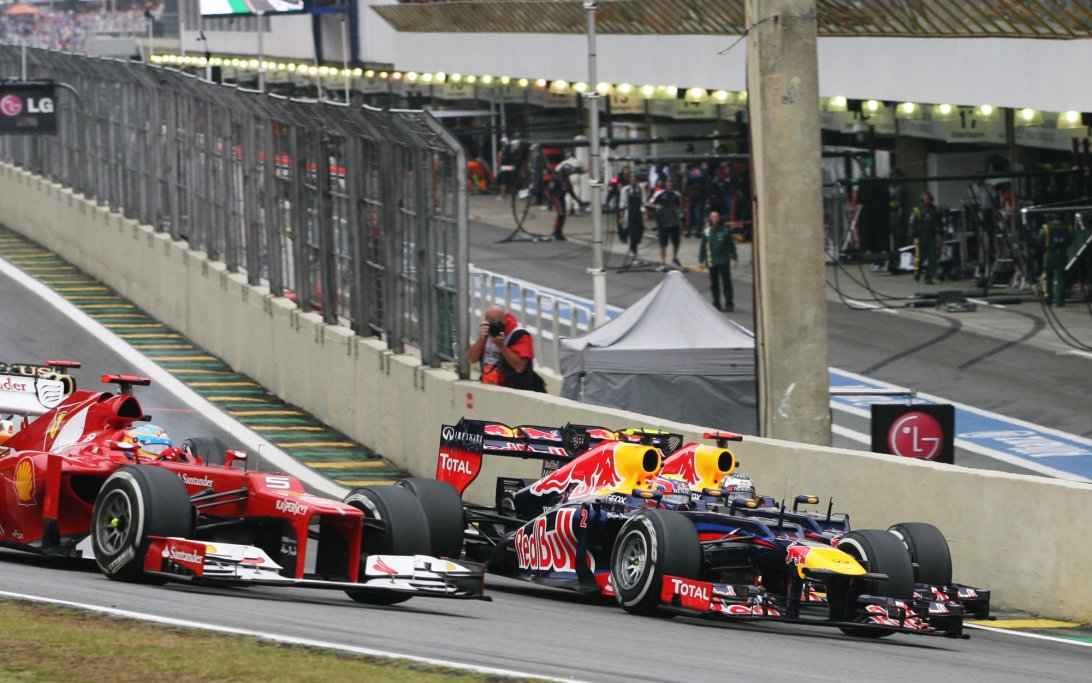
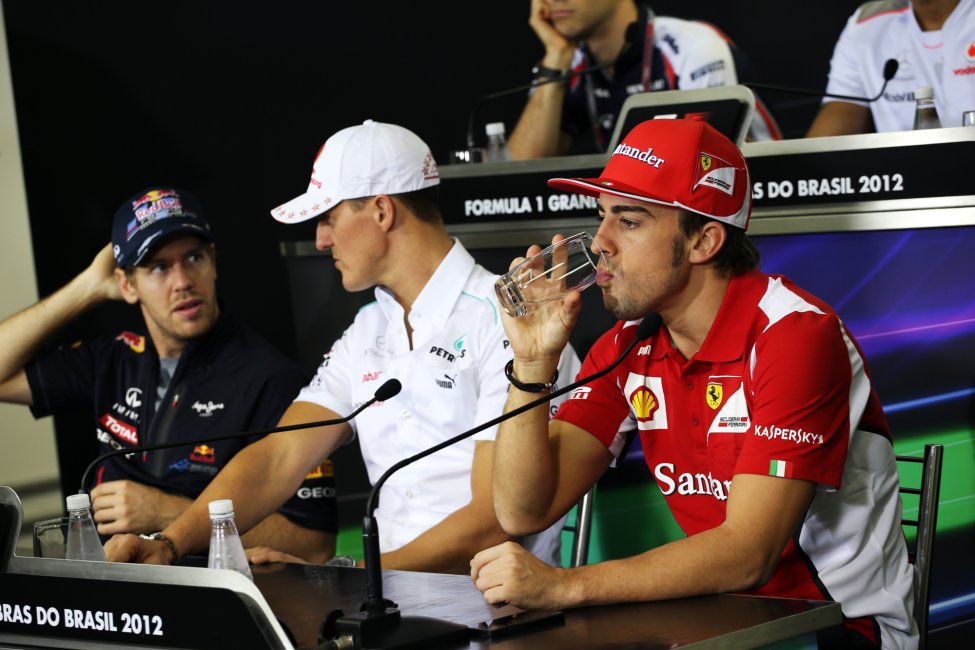
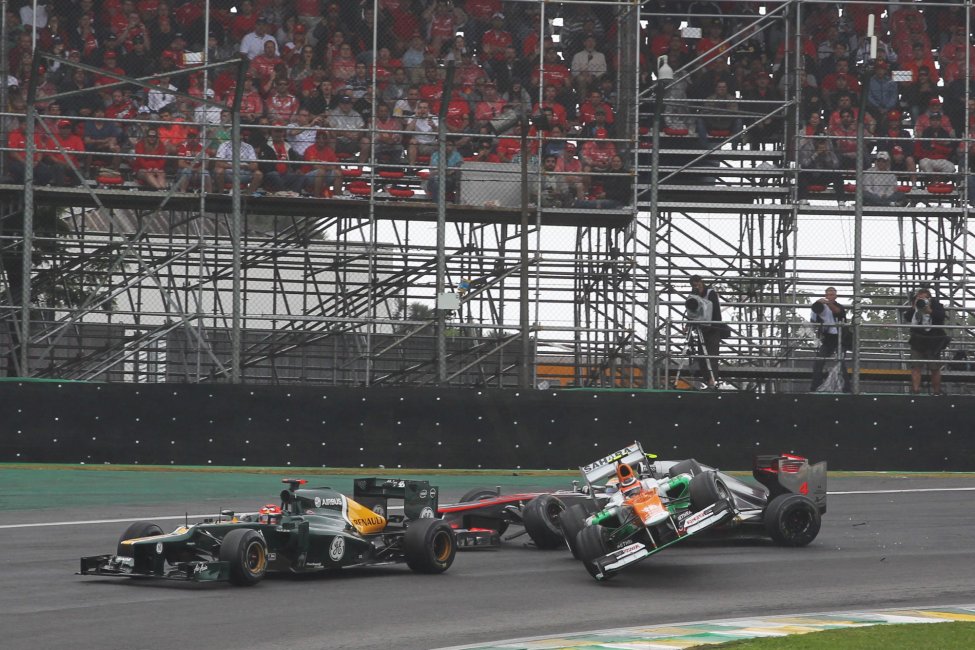
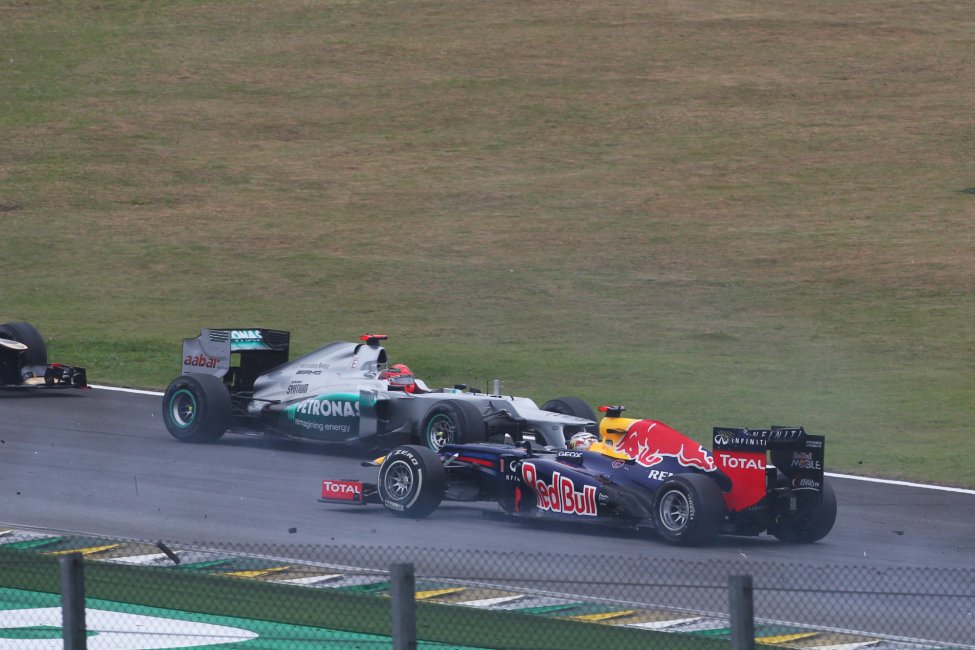
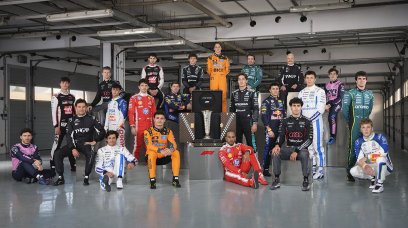
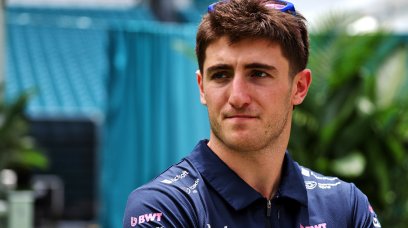
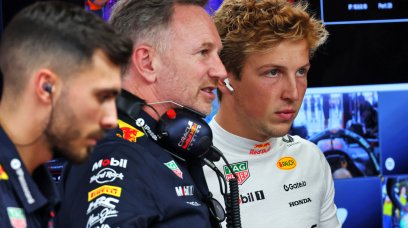
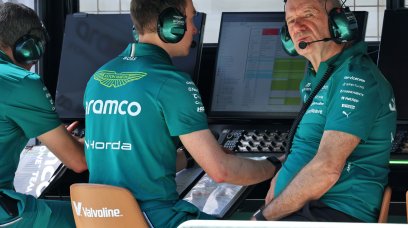
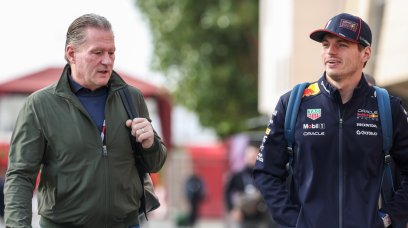
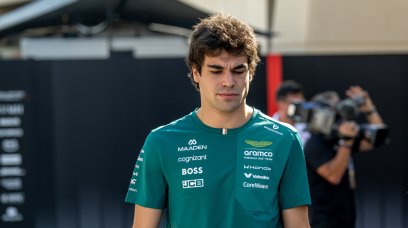
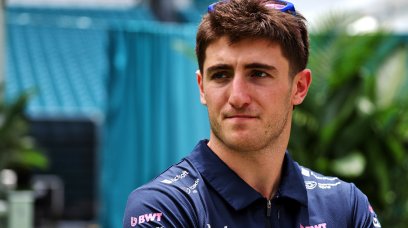
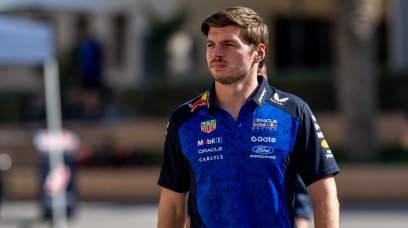
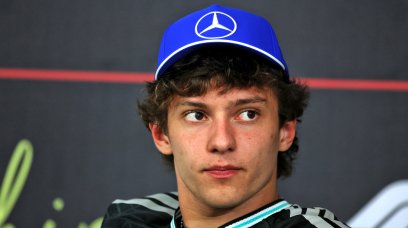
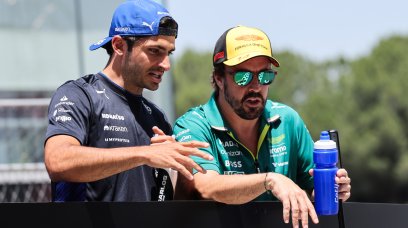
Join the conversation!